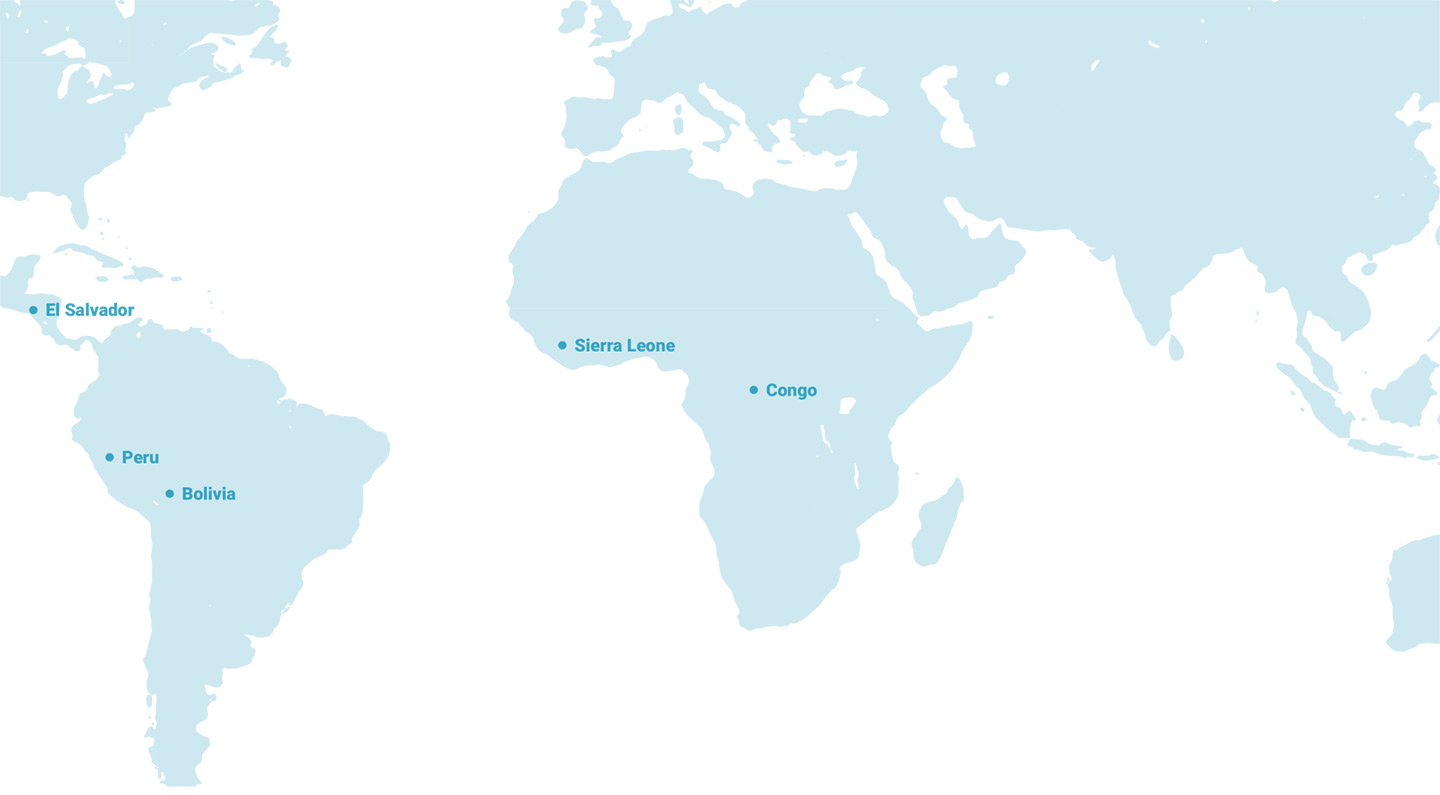Schistosomiasis in Sierra Leone
Working alongside the Món Clínic Foundation in the Makeni Region in Sierra Leone, the goal of the project is to bolster clinical and laboratory-based diagnoses and evaluate areas of community transmission of schistosomiasis and other NTDs that affect the abdomen in the Makeni Region in Sierra Leone.
The project will involve a broad range of actions including the development of clinical diagnostics skills through training on clinical abdominal ultrasounds, and laboratory skills development for diagnosing schistosomiasis and other NTDs. There will also be community actions on WASH (Water, Sanitation, and Hygiene) to detect the main areas of transmissions (hotspots) where the local population could pick up diseases, to avoid new cases.


